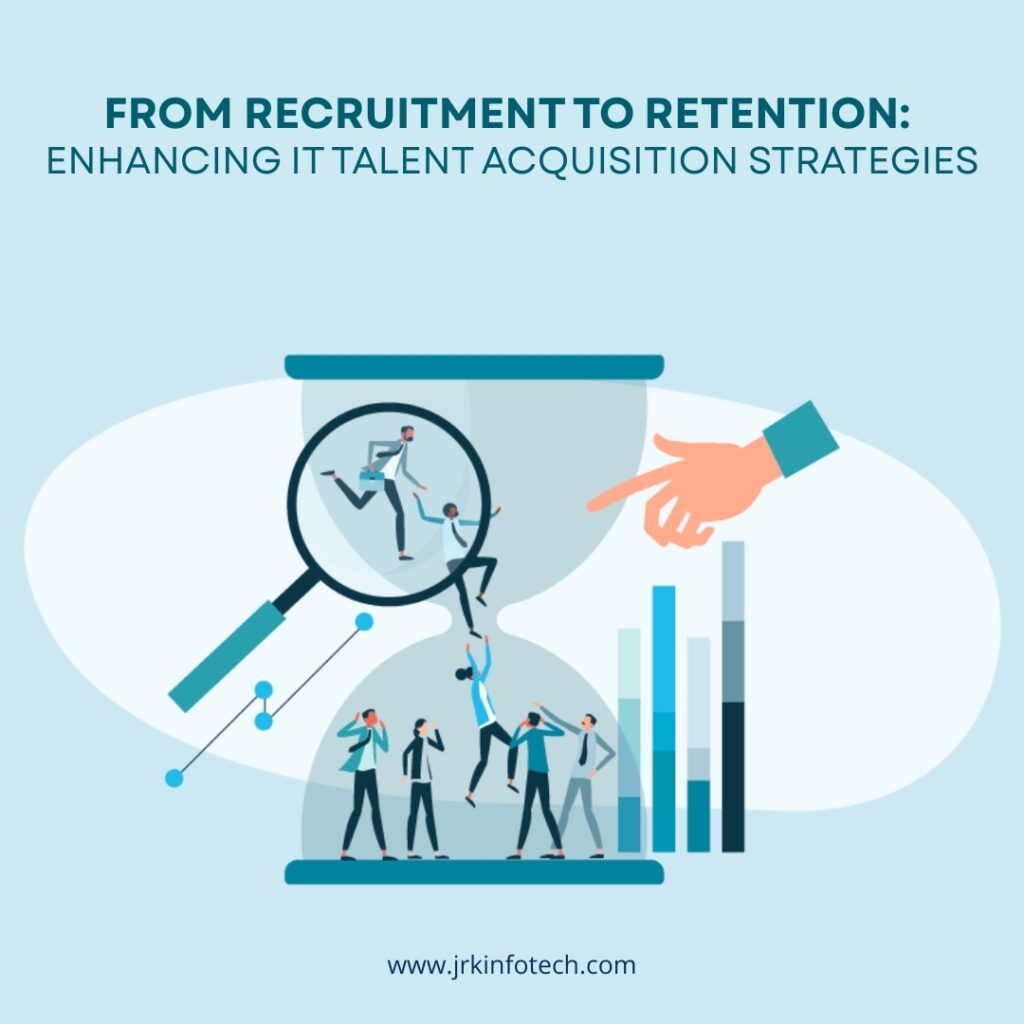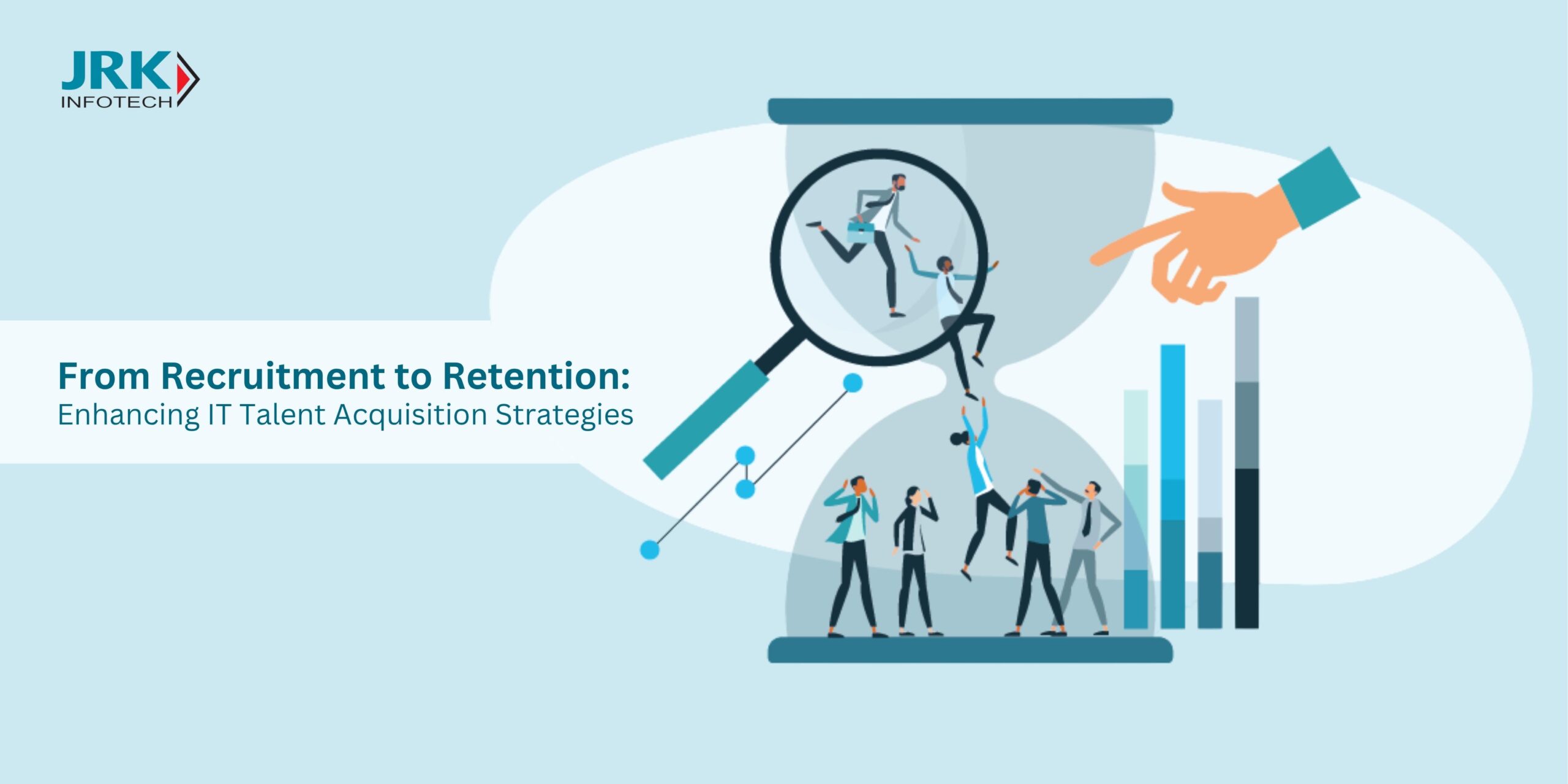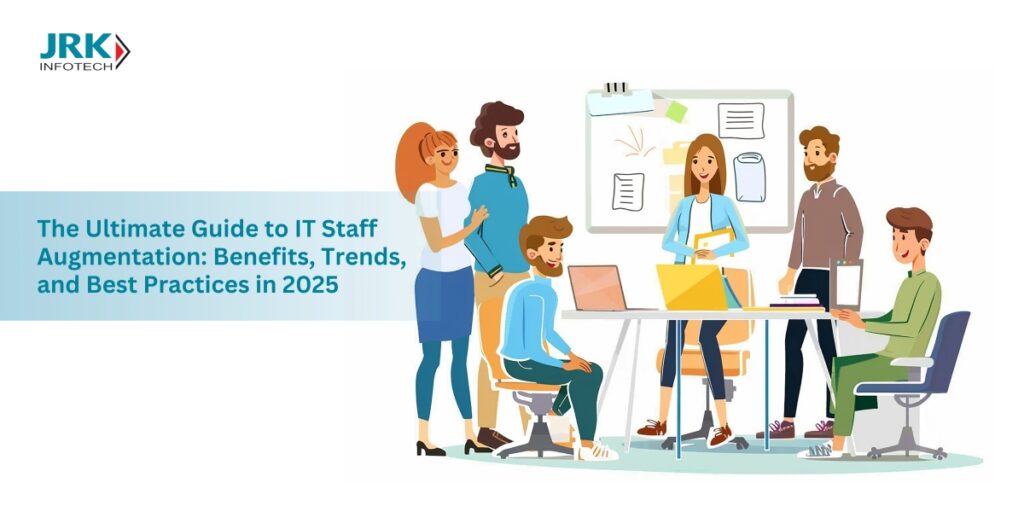How IT Staffing Services Empower SaaS Companies to Scale at Speed
IT Staffing Services for SaaS Companies are no longer a luxury — they are a strategic necessity. SaaS businesses must move quickly: release features, fix issues, and scale infrastructure without missing SLAs. However, hiring permanent talent quickly is costly and slow. Therefore, the best SaaS firms partner with specialist IT staffing providers to access pre-vetted developers, DevOps engineers, QA testers, and cloud experts on demand.
Understanding the Challenge: Speed Versus Talent Availability
SaaS companies face a constant tension between speed-to-market and the availability of qualified talent. Moreover, emerging needs — like scaling microservices, implementing observability, or hardening security — demand niche skills that are hard to recruit for in-house. Consequently, projects stall and roadmaps fall behind when teams lack the right people at the right time.
How IT Staffing Services for SaaS Companies Solve That Problem
First, IT staffing services connect SaaS teams with a global talent pool, enabling rapid onboarding of specialists. In addition, staffing partners handle screening, technical evaluation, and initial onboarding, which reduces ramp-up time significantly. As a result, SaaS companies can staff sprint teams, run parallel feature tracks, or bring in temporary experts for migrations without long hiring cycles.
Key Benefits for SaaS Businesses
• Faster time-to-market — With on-demand developers and engineers, product iterations and releases accelerate.
• Access to niche skills — Whether you need Kubernetes specialists, data engineers, or AI/ML talent, staffing services find those skills quickly.
• Cost control and flexibility — You avoid full-time salaries and long-term benefits costs by hiring for the exact duration and skillset required.
• Risk reduction — Staffing firms provide vetted talent and replace resources if a fit isn’t right, minimizing project disruption.
• Focus on core product — Internal teams can prioritize roadmap strategy while augmented teams handle execution-heavy work.
When to Use IT Staff Augmentation vs. Dedicated Teams
For short-term needs such as bug sprints, seasonal feature bursts, or urgent migrations, IT staff augmentation offers the fastest route. Conversely, if you have ongoing, consistent engineering needs, a dedicated offshore or nearshore team model may be more efficient. Importantly, many SaaS companies use a hybrid approach — permanent core engineers plus augmented specialists for spikes.
Real-World Example: Rapid Cloud Migration
Consider a SaaS vendor needing to migrate their monolith to a cloud-native architecture. Instead of waiting months to hire cloud architects, they engaged IT staffing services for a cross-functional team: cloud architects, DevOps, and backend engineers. Within weeks, the team was operational, and the migration completed on schedule. Consequently, the company avoided revenue-impacting downtime and preserved customer trust.
Best Practices to Maximize Value
• Define clear goals and KPIs before onboarding augmented staff. This ensures everyone knows deliverables and timelines.
• Integrate augmented staff into daily rituals — standups, retros, and planning — so they become productive quickly.
• Use short trial contracts with clear acceptance criteria to validate fit before longer engagement.
• Maintain documentation and knowledge transfer plans to preserve institutional memory.
• Measure outcomes: cycle time, deployment frequency, incident rates — and adjust resource allocation accordingly.
How to Choose the Right IT Staffing Partner
When selecting a partner for IT staffing services for SaaS companies, look for: proven domain experience with SaaS products, strong vetting and technical assessment processes, flexible engagement models (augmentation, dedicated teams, contract-to-hire), and clear SLAs about replacement and performance. Moreover, cultural fit and communication capabilities are critical for smooth remote collaboration.
Future Trends: What SaaS Companies Should Expect
Going forward, staffing firms will increasingly combine human sourcing with AI-driven candidate matching to reduce time-to-fill further. In addition, expect more emphasis on upskilling — staffing partners offering training to keep augmented staff aligned with the latest platform practices. Finally, hybrid and remote-first hiring will continue expanding the talent market for SaaS firms.
Conclusion
IT staffing services for SaaS companies deliver the speed, expertise, and flexibility required to compete. By leveraging experienced staffing partners, SaaS teams can accelerate delivery, manage costs, and scale with confidence. In short, the right staffing strategy turns hiring from a bottleneck into a competitive advantage.





